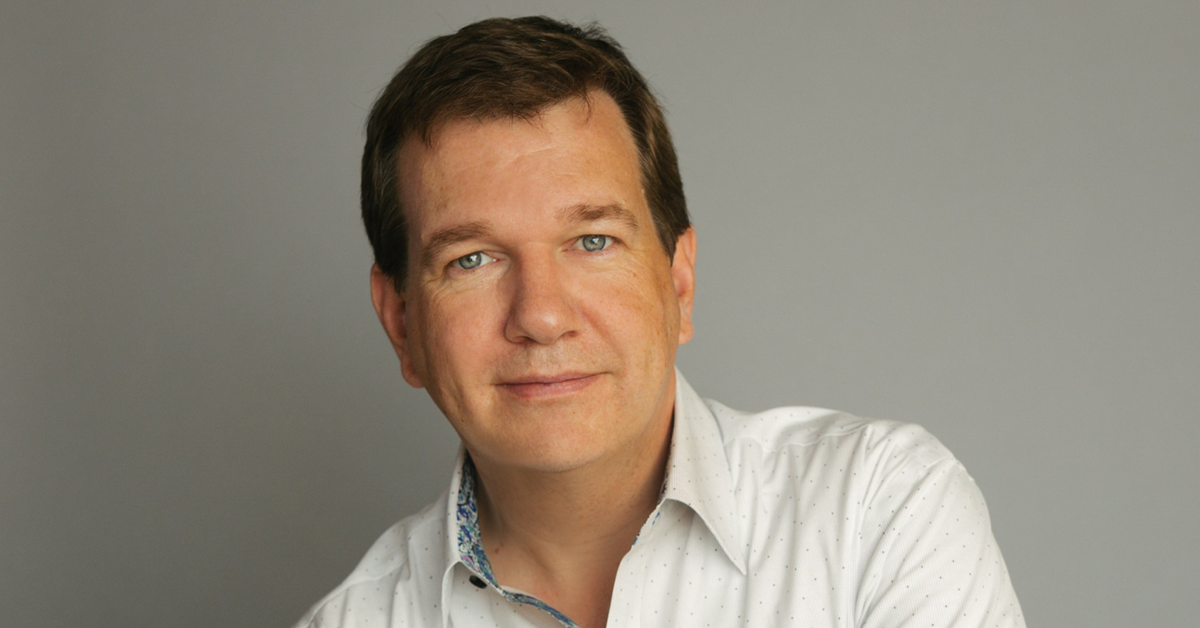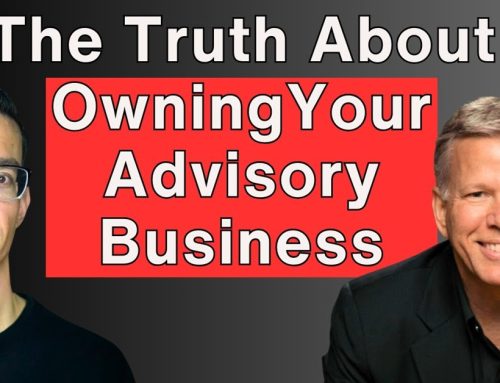Guests: Ashley Goodall, a leadership expert and the author of a thought-provoking new book, The Problem with Change: And the Essential Nature of Human Performance.
In a Nutshell: The tech boom popularized the idea that companies have to move fast, break things, and disrupt before they’re disrupted. But change for the sake of change can be a catalyst for confusion. At the ground floor, it’s often employees and customers who experience the most “disruption” — to their jobs, to their spending habits, to their relationship to the brand — which can make it hard for your company to do its business efficiently.
On today’s show, Ashley Goodall explains why the ultimate job of leadership is not to create change, it’s to create a stable platform where people can do their best work and provide the most value to customers.
.Ashley Goodall and I discuss:
- Why so many leaders love talking about change and why their employees may hate implementing it.
- How to implement positive change without destabilizing the business.
- The importance of preserving organizational rituals that make work productive and fulfilling.
- What Ashley believes some leaders misunderstand about Clayton Christensen’s theory of Disruptive Innovation.
- Why you can’t measure employee productivity and the value of your best people in dollars and cents.
- Easing the tension between what’s best for the company, what’s best for your team, and what’s best for your customers.
- What Ashley learned collaborating with Marcus Buckingham on the book Nine Lies About Work: A Freethinking Leader’s Guide to the Real World.
Ashley Goodall Quotes:
Implementing Change:
“So the first question is not actually how do you do change, but should you do change? And I think we should be more cautious about it, more aware that a lot of change initiatives fail, a lot of mergers fail, a lot of reorgs fail. There’s all sorts of academic work now about how seldom layoffs actually produce any sort of savings to an organization at the end of the day.”
Conditions for Human Contribution:
“The second thing that’s important is to understand that humans thrive in conditions of relative stability. That’s not the same as stasis, but stability, a reasonable and reasonably predictable set of environmental characteristics so that we know our way around and we know how we fit in and we know how to put our shoulder to the wheel most usefully. If you actually want pervasive, sustained change in the world, it comes from stability.”
Lean Into Stability:
“Lean into stability, because if you don’t need it now, you’ll need it tomorrow, and if you don’t need it tomorrow, you’ll need it the next day. Be deliberate about the things that help people feel rooted at work, and because those things help them contribute.”
Stability in Startups:
“If you think about psychological stability, startups are actually very stable places, and large organizations are very unstable places.”
Ritual of Endings:
“I think a ritual of endings would be lovely for an organizational sort of breathing in and breathing out, and would give you a sense of where you stood on all of these things.”
Humans at Work:
“We treat the humans at work partly because of the way we think about them in financial terms, partly because of the way we see them in the data we collect as interchangeable.”
Leveling with People:
“The truth stabilizes people and helps them know that they’re in the company of grownups. Tell people as plainly as you can. Don’t use business speak, because business speak is actually usually a way of telling people not what’s going on. I also think that when you tell people that everything’s rosy and it’s obvious that it isn’t, that’s when they leave. They don’t leave because you said we’ve got problems. They leave because you say everything’s fantastic and they look to the left and look to the right and go you’re full of it.”
Designing a Workplace:
“If you want to design a workplace that is a good, healthy, productive, and innovative, by the way, workplace, you have to start by understanding what the people in that workplace need to give you their best.”
Playing to Strengths:
“We wrote about the fact that the best predictor of somebody’s performance is whether they get to play to their strengths or not. Which is a way of saying, if you want to unlock the best in a person, you have to ask them to do things that they do well.”
Teams Harnessing Abilities:
“We wrote about the fact that, because people are all different from one another, the idea of a team is super important at work because a team is where you harness together all of the different abilities of people and point them towards something that none of them could do by themselves.”
.Resources Related to This Episode
- Ashley Goodall on LinkedIn
- Love, Mastery, and High Job Performance My conversation with Marcus Buckingham about how truly successful people find nourishment in every aspect of their life, including work.





